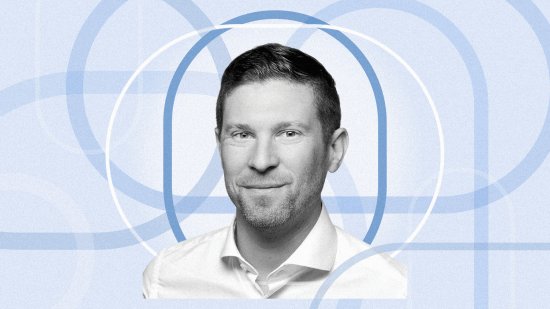
Bret Kugelmass, founder and CEO of Last Energy, has a bold vision: To become the first company to bring a small modular nuclear reactor online in the United States. And, as one of the fastest growing companies in this space, it’s working hard to make this a reality. It currently has commercial agreements for 80 nuclear plants, most of which will be used at data centers. And this summer, it announced a new $40 million series B funding round, along with news that it was partnering with NATO to explore how micro nuclear reactors may be useful at NATO bases.
[time-brightcove not-tgx=”true”]What is the single most important action you think the public, or a specific company or government (other than your own), needs to take in the next year to advance the climate agenda?
The most crucial step we can take to advance climate action is to allow, advocate for, and participate in innovation sandboxes. These would be spaces where new technologies can be developed and tested without being stymied by excessive regulations and bureaucratic hurdles. Governments and industry already employ a similar model with special economic zones. Setting up initiatives that remove barriers to emerging energy technologies, including micro-nuclear, would create a lever to unlock climate innovation in the near term.
What’s the most important climate legislation that could pass in the next year?
Permitting reform would categorically be the best legislation governments could pass to jumpstart the delivery of clean energy infrastructure. Legislation that scales permitting requirements to the size and risk of projects—as in, applying a principle of proportionality—would go a long way to make faster progress on deploying clean energy at scale.
If you could stand up and talk to world leaders at the next U.N. climate conference, what would you say?
I’d drive home to world leaders that solving climate change at the expense of creating energy abundance would unequivocally do more harm than good. Energy access is a precondition for productivity, prosperity, and the foundational health of global civilization. It’s a myth to think that sustainability and growth are mutually exclusive, because nuclear energy enables both. My vision is a hundredfold increase in nuclear power generation, which would decouple the historical negative externalities of energy production from a desired surge in energy access. More and more world leaders are coming around to this realization, but my goal is to create a truly global consensus on the unique promise of nuclear power.